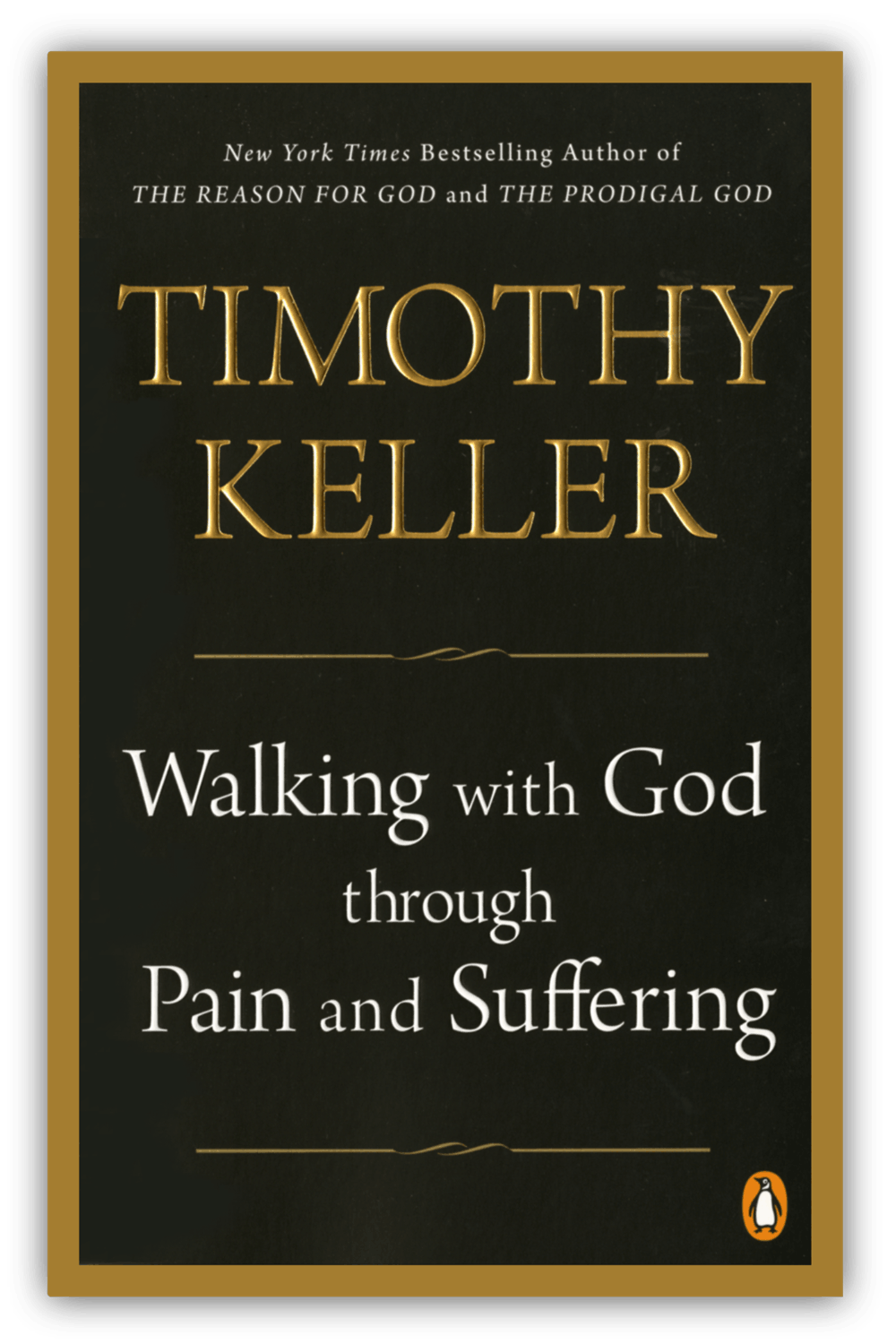Gospel in Life is privileged to share stories from Redeemer City to City (CTC)—stories of gospel-changed lives and communities (like the one below). Gospel in Life is a ministry of CTC, which was co-founded by Tim Keller. CTC exists to multiply churches and Christian leaders committed to a shared vision for gospel movements in the great cities of the world. Through a worldwide network of regional affiliates, CTC accomplishes this by training, coaching and equipping local leaders and pastors to start and strengthen churches and initiatives that serve the flourishing of their cities. Please pray that God will continue to bring about gospel change through this worldwide network of leaders and trainers. To learn more, visit their website: redeemercitytocity.com.
In May 1940, Rev. Dr. Neil Powell’s uncle was one of hundreds of thousands of British soldiers trapped near the port of Dunkirk, France, with little hope of escape from approaching Nazi forces. A desperate call went out asking anyone with any type of boat to sail across the English Channel and help ferry troops back to England.
Over eight days, “933 ships sailed to Dunkirk: private yachts, motor launches, lifeboats, paddle steamers—anything that would float,” Neil writes in Together For the City: How Collaborative Church Planting Leads to Citywide Movements, a book he co-wrote with John James, a pastor in Birmingham, U.K. As a result of “Operation Dynamo,” almost 400,000 soldiers, including Neil’s Uncle Reg, were rescued.
Today, Neil is working to create a Dunkirk-like operation for a different type of mission: seeing the gospel reach the hearts of men and women living in one of the world’s largest and most diverse cities: London. One of the leaders of The London Project, a part of Redeemer City to City’s “hub city initiative,” Neil sees the need for a unique effort to unite churches in London to “seek shalom for the city,” as Tim Keller would say.

“What if a truly collaborative answer to the call is possible? What if there is a way for faithful churches across denominations, ecclesial styles, and theological traditions to partner in a rescue effort that would rival Operation Dynamo?” Neil asks in Together for the City. He writes of the need for a Dunkirk spirit where churches are the lifeboats “mobilized to realize a vision far too big for any group to achieve alone.” And that vision is all about the gospel.
This Dunkirk-style effort of seeing churches united around the gospel collaborate to reach more Londoners with the Good News of Jesus is the vision of The London Project, which Neil co-leads alongside Rev. Dr. Girma Bishaw, an Ethiopian immigrant who previously served as a pastor of the Ethiopian Christian Fellowship Church and supported diaspora church plants across the U.K.
Neil was born in South Wales and moved to Birmingham at the age of five. His family only occasionally attended church, leaving him with no real knowledge of the gospel until he agreed to attend a local church with a college friend in London. That service at St. Helen’s Bishopsgate featured a pastor named Dick Lucas, a very effective preacher who served as a model for Tim Keller when he began church planting in New York City. Lucas and St. Helen’s, and ultimately the gospel, changed Neil’s life.
He began theological training and served as an intern at St. Helen’s before being called to a university ministry with Universities and Colleges Christian Fellowship (UCCF) in Birmingham, U.K. In 1999, Neil and two other men, a university professor and a local surgeon, planted City Church in Birmingham, the second largest city in the United Kingdom.
In 2004, Neil attended a conference at St. Helen’s where he heard Tim Keller speak. “Tim was speaking to about 700 of us, telling us how to love the city, how to have a burden for the city. That it will take the whole church to bring the entire city to Christ. That struck me. It would have never entered my mind to work with others in the city — that City Church Birmingham could be part of a larger picture.”
Neil was inspired and challenged by what he heard. He got connected to City to City. Eventually he and others launched an effort called 2020Birmingham, a collaborative network of churches working toward planting more than twenty churches in Birmingham over a ten-year period.
By God’s grace, 2020Birmingham neared completion of its initial goal in 2019. By then, City to City leaders had begun developing a “hub city strategy” — an effort to identify key cities where God was already at work, where the potential was high for a network of leaders and churches committed to the good of the city to work together to build toward a gospel movement in that hub city and the surrounding region. London was one of those cities. Because of Neil’s experience in Birmingham, City to City asked him to lead the London effort.
Neil and his wife, Jane, had happily lived, worked, and raised their two sons in Birmingham for twenty years and knew the Lord had placed them there for his purposes. “But when [City to City] came to me and said, ‘London may be ready for something like this,’ we felt we had to consider it,” Neil said.
It wasn’t long before Neil and Jane decided God was calling them to London to attempt what seemed to be almost impossible: to start, serve, and strengthen 400 disciple-making, church-planting, gospel-centered churches across London.
God was calling them to London to attempt what seemed to be almost impossible: to start, serve, and strengthen 400 disciple-making, church-planting, gospel-centered churches across London.
According to studies cited on The London Project website, London is truly an international city, as almost four in ten of its nine million inhabitants were born outside the U.K. It is also a young city: the median age is 35.6, and 18 percent of Londoners are in their 20s. And it’s a growing city, which is expected to add two million people within 30 years. People around the world name London one of the most desirable large cities in the world, but it has the highest proportion of poverty in the U.K., and racial, ethnic, and religious strife bubbles up to the surface regularly.
London has a higher proportion of practicing Christians than the rest of Great Britain, and the number of churches in the city has been growing in recent years, but it would require “significant church planting” to reach “a tipping point of 10% of London’s population following Christ,” according to The London Project.
“The growth of the church in London has in so many ways been driven by diaspora, bringing a lively Christian faith with them,” says Neil. “However, we kept hearing pastors admit, ‘We are reaching our own people, but we don’t know how to reach London.’” Reaching center city skeptics with the gospel took a whole new skill set.
To address that need, The London Project seeks to build partnerships and cultivate collaboration between pastors and church leaders throughout the city. Evening receptions and dinners featuring special speakers attract 40 to 60 pastors from churches that primarily serve members from Korea, Africa, South Asia, the Middle East and other places. Neil says these events are strengthening church leaders in all these communities and encouraging them to work together to spread the gospel in London.
“We work with 250 churches from over 50 nations,” he said. “We have pastors who have been ministering for years who have never seen this kind of networking before.”
The London Project hosts training covering topics like Culture and Context and Gospel Fluency and a two-year program called “Incubator” that equips church planters for urban ministry. They hold special events, such as the recent “Together for London” celebration where 350 leaders gathered to celebrate the diversity of the London Church and to strategize on how to reach all 32 boroughs.
Despite the significant impact of the COVID pandemic, The London Project has flourished in its first four years. Neil believes the disruptions of the pandemic and recent ethnic and religious tensions bring a certain timeliness to the efforts of The London Project.
“The world had no answer for bringing communities together,” he said. “But the church has that opportunity to manifest the power of the gospel to reconcile these communities.”




